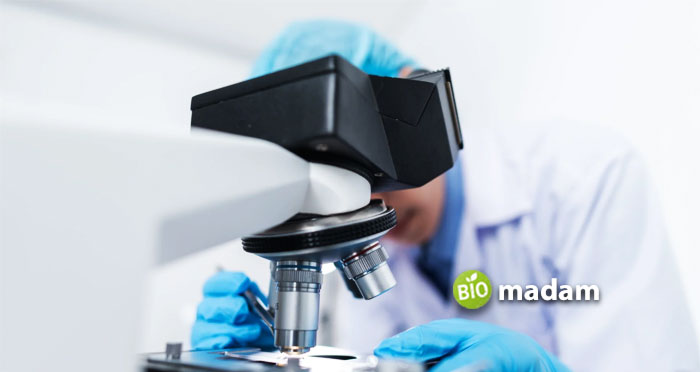Stem cell therapy is a type of regenerative medicine that uses stem cells to repair or replace damaged cells in the body. The goal of stem cell therapy is to restore normal function to tissues and organs that have been damaged by disease, injury, or age. Here are answers to some common questions about stem cell therapy.
1. What are Stem Cells
Stem cells are special types of cells that have the ability to self-renew and differentiate into other cell types. They are found in all tissues of the body and play an important role in repairing damage and maintaining normal tissue function. The team at SpringsRejuvenation says that “In simple terms, stem cell therapy is the process of using these cells to repair or replace damaged tissue.” This therapy is still in its early stages, but it shows promise for treating a wide variety of conditions. Additionally, stem cells can be sourced from a variety of tissue types, including bone marrow, fat, and blood.
2. How does Stem Cell Therapy Work

During stem cell therapy, stem cells are injected into the area of the body that needs to be repaired or replaced. The stem cells then begin to differentiate into the specific type of cell that is needed to repair the damage. For example, if you are receiving stem cell therapy for a heart condition, the injected stem cells will begin to differentiate into heart cells. This process can take several weeks or months. Once the damaged tissue has been repaired or replaced, normal function can resume. Additionally, stem cell therapy can be used to stimulate the regeneration of tissue in the body. This is often done by injecting stem cells into an area of the body that has been damaged by injury or disease.
3. What Conditions can be Treated with Stem Cell Therapy
Stem cell therapy is still in its early stages, but it shows promise for treating a wide variety of conditions. Some of the most promising areas of research are heart disease, diabetes, Alzheimer’s disease, and spinal cord injuries. Additionally, stem cell therapy is being studied as a potential treatment for other conditions such as Parkinson’s disease, multiple sclerosis, and cerebral palsy. If you are interested in stem cell therapy, talk to your doctor to see if it is an option for you. Its effectiveness will likely continue to be studied in the years to come. This is an exciting area of medicine with the potential to change the lives of many people.
4. Are there any Risks Associated with Stem Cell Therapy
There are some risks associated with stem cell therapy. The most common side effect is pain at the injection site. Other potential side effects include infection, inflammation, cyst, or tumor formation. However, these risks are typically low and can be effectively managed by your medical team. Additionally, stem cell therapy is still in its early stages, so there is some uncertainty about its long-term safety and effectiveness. If you are considering stem cell therapy, be sure to talk to your doctor about the potential risks and benefits. This therapy is not right for everyone, but it may be an option worth considering if you are dealing with a debilitating condition.
5. What is the Future of Stem Cell Therapy

Stem cell therapy is still in its early stages, but it shows promise for treating a wide variety of conditions and diseases. The future of this therapy will likely involve the continued study of its safety and effectiveness. Additionally, stem cell therapy may be used to treat an ever-increasing number of conditions as our understanding of this therapy grows. If you are interested in stem cell therapy, talk to your doctor to see if it is an option for you. This is an exciting area of medicine with the potential to change the lives of many people.
6. What are the Types of Stem Cells used in Therapy
The most common type of stem cell used in therapy is the mesenchymal stem cell. This type of cell can be sourced from a variety of tissue types, including bone marrow, fat, and blood. Additionally, stem cells can be derived from embryonic tissue. However, the use of embryonic stem cells is controversial due to ethical concerns. If you are considering stem cell therapy, talk to your doctor about the type of cell that will be used. The cells are studied properly under a compound or electron microscope to make sure they are the right choice Be sure to ask about the potential risks and benefits of each type of cell.
Stem cell therapy is a promising new treatment for a variety of conditions. It is still in its early stages, but it has the potential to change the lives of many people. If you are interested in stem cell therapy, talk to your doctor to see if it is an option for you. These were just a few questions that you might have about stem cell therapy.

Hi, they call me Jenna, and I am also known for achieving a gold medal during my Ph.D. in science life. I always had a dream to educate people through my utmost writing hobby. So, I chose this blogging path, and Biomadam gave me this opportunity to present for them. I now stand to entertain you. Continue reading my articles & discuss if you’ve any confusion through the comment section below.

![Stem-Cell-Therapy-[-What-&-How-]](https://www.biomadam.com/wp-content/uploads/2022/04/Stem-Cell-Therapy-What-How-.jpg)